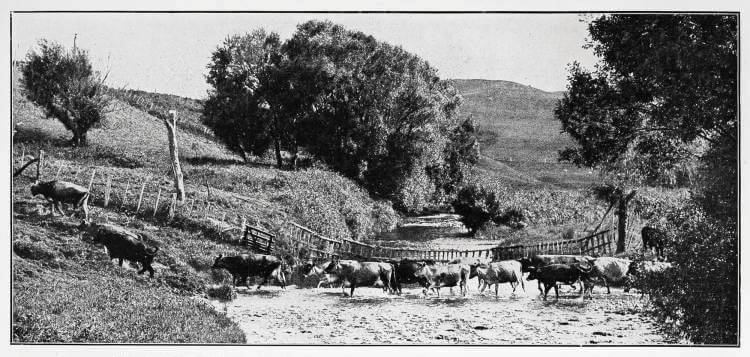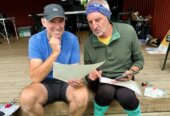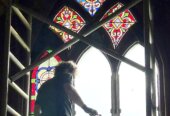That 400 abandoned farms at Pirongia could be worked by the unemployed was a sound suggestion in the opinion of local residents.
The scheme could be carried beyond the state owned abandoned farms to include many privately owned deserted blocks which were found along the slopes of Pirongia Mountain.
A man with a very wide knowledge of Waikato land said that the quality and situation of much of the Pirongia country compared favourably with the very best land in Waikato.
Not wanted on a Pirongia farm was an escaped prisoner who had jumped off the north-bound main trunk express near Frankton. He was first seen walking along the Pirongia-Whatawhata Road, where he was given a ride in a truck.
After going as far as Pirongia, the escapee called at a farm on the Kawhia Road and obtained work.
A local resident, who had read of the man’s description in a newspaper, notified the Te Awamutu police of his suspicions as to the identity of a stranger in the district. Two constables went out to the farm and found the miscreant there just as he had finished milking.
He was handcuffed and taken to Te Awamutu, then on to Auckland.
The Ōhaupō Hotel, an old 30-roomed wooden structure, caught fire in the early morning hours.
A fairly strong wind was blowing and the flames endangered neighbouring properties including two adjoining butchery shops and business premises across the street.
The windows and walls of the post office were blistered and cracked by the heat, while other buildings were in such peril that it was deemed advisable to remove the contents to a place of safety. There was a loud explosion when the hot water boiler burst and was hurled 300 feet into the air.
The hotel was completely demolished, as there was no water supply or fire brigade available. Mr Tapp, licensee, and his wife and staff escaped in their night attire.
A relief drive by the Auckland Provincial Farmers’ Union for unemployed destitute families in Auckland saw the Te Awamutu branch forward to Auckland a large consignment of goods.
Practically every farmer in the district contributed and it was a most imposing array including vegetables, preserves, clothing, bacon, poultry (nine fowls, three ducks, two geese and one turkey), six dressed carcasses (two pigs and four sheep), and livestock comprising five cows and 57 sheep.
A Te Awamutu taxi proprietor was fined for carrying a passenger on his running board. The passenger, who was also fined, said the driver had a full load and he could find no other means of getting to Kihikihi that night. The traffic inspector said the passenger was laying full length on the running board and proposed to travel at least three miles in that position. The magistrate said that it seemed a very dangerous practice and perhaps a conviction and fine would stop it.

Dairy herd, Pirongia 1931








